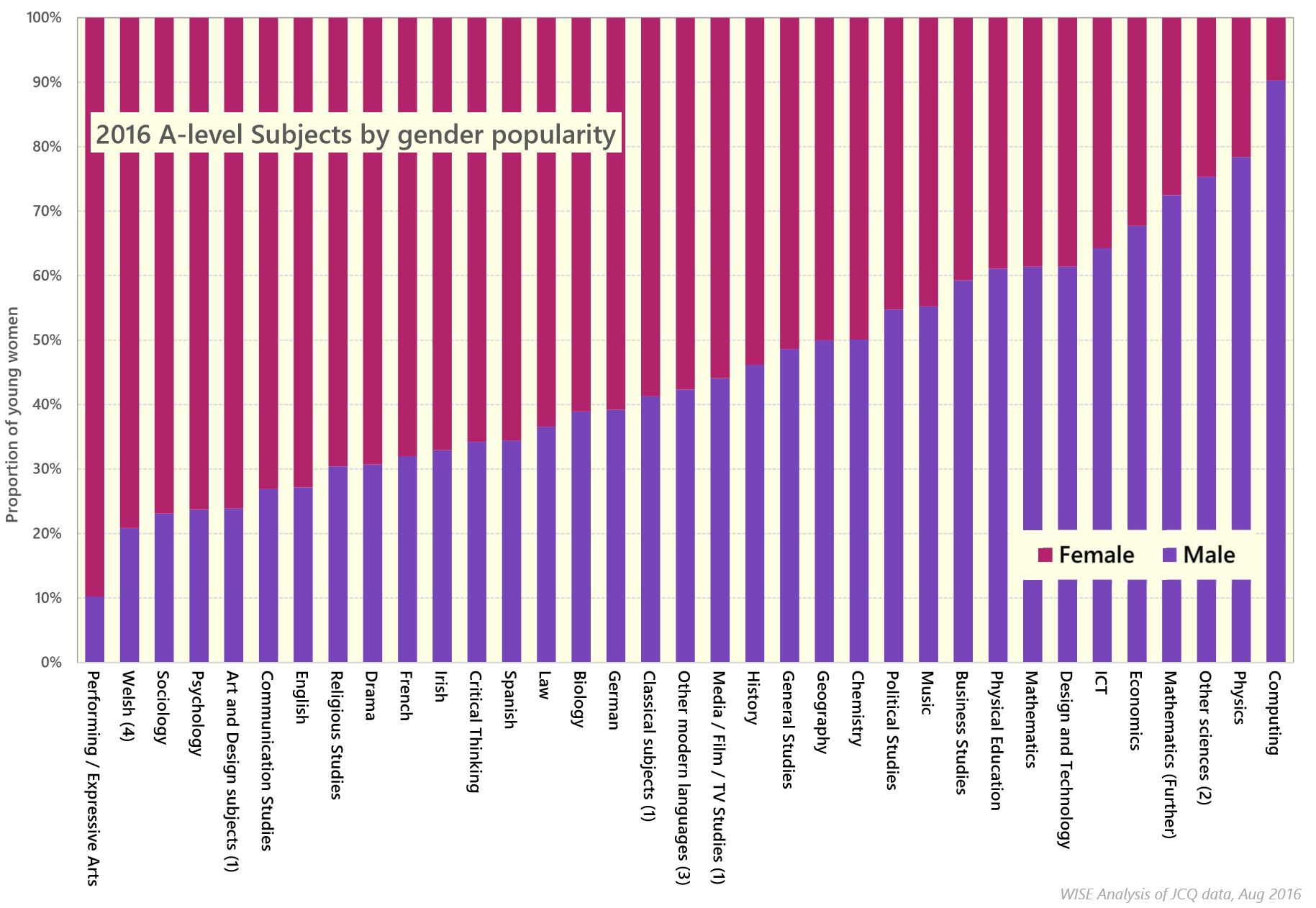
Two-thirds of university students worry about finding a job, study reveals
Nearly two-thirds of university students are worried about finding a job after they graduate, according to a study released today.
The high levels of uncertainty come as record numbers of youngsters start higher education courses across the country, following the publication of A-Level results last month.
The research, from Microsoft Surface, found that 61% of students said they were “concerned” about finding work after university, with a lack of career guidance one of the main reasons for their fears. Just 54% said they were happy with the advice they had received while studying, while a further 31% believed that the guidance focused too much on securing a job soon after graduating, rather than a long-term career.
More than a third disagreed that the skills they have been taught lend themselves to a specific career.
The findings also highlighted the perceived lack of technology skills being taught at universities, with more than a quarter of students stating that they haven’t been given enough help in this area to prepare them for life outside education.
As a result, 25% of students said coding lessons should be compulsory and 22% believed web design should be on every course planner.
Amid a changing jobs landscape in the UK, fears over not knowing enough about technology were reinforced by the finding that just 49% of survey respondents said university careers advice looked far enough into the future. Just 37% were confident that the job they wanted to apply for would exist in 10 years’ time.
 Loading...
Loading...
The “Future Proof Yourself” report on the jobs of tomorrow
Ryan Asdourian, Microsoft’s Windows and Surface Lead, said: “There is little doubt that technology is having a huge impact on the jobs market, changing the landscape dramatically for today’s students.
“While the study clearly demonstrates students’ worries, it is actually a real positive that they are recognising the shift, meaning they are in a strong position to prepare themselves for evolving careers of the future.
“At Microsoft, our aim is to help provide them with both the insights and the technology they need in order to fill their career aspirations and to help them to ‘futureproof’ their careers.”
The Microsoft Surface study, which surveyed 1,016 university students and recent graduates, found that the idea of a ‘job for life’ was outdated, with respondents expecting to have three separate careers before they retired.
The report comes just weeks after warnings that girls who shun STEM subjects – science, technology, engineering and mathematics – at A-Level are at risk of being “disadvantaged” when they try to get a job.
The number of female pupils who opted to study STEM subjects fell 0.8% this year compared with 2015, official data from the Joint Council for Qualifications revealed. Computing remains the most male-dominated subject, with girls making up just 9.8% of applicants this year – just 609 girls opted to study in this area, compared with 5,633 boys.


